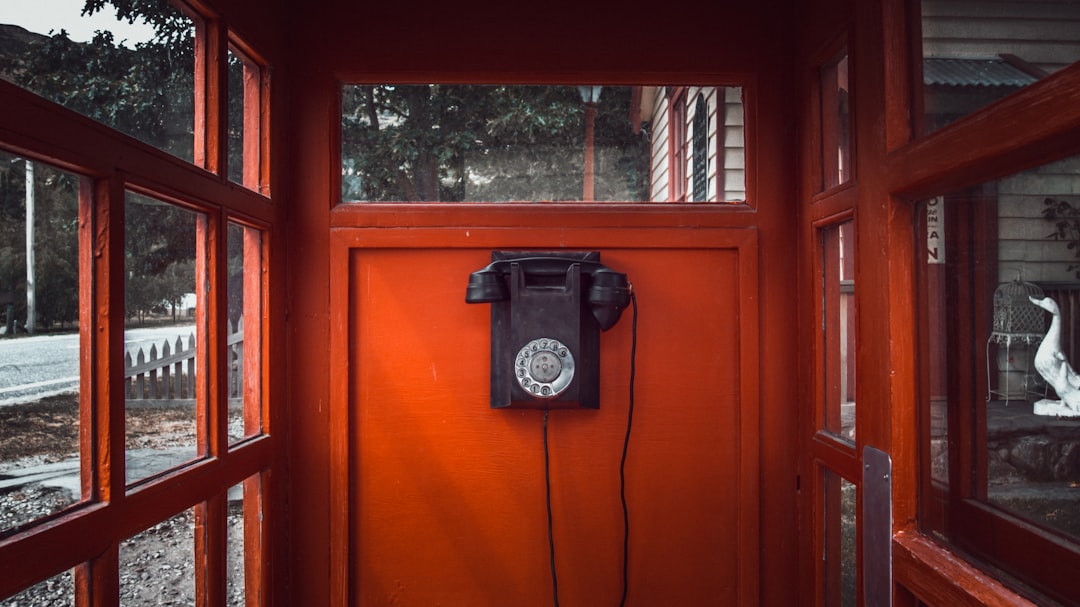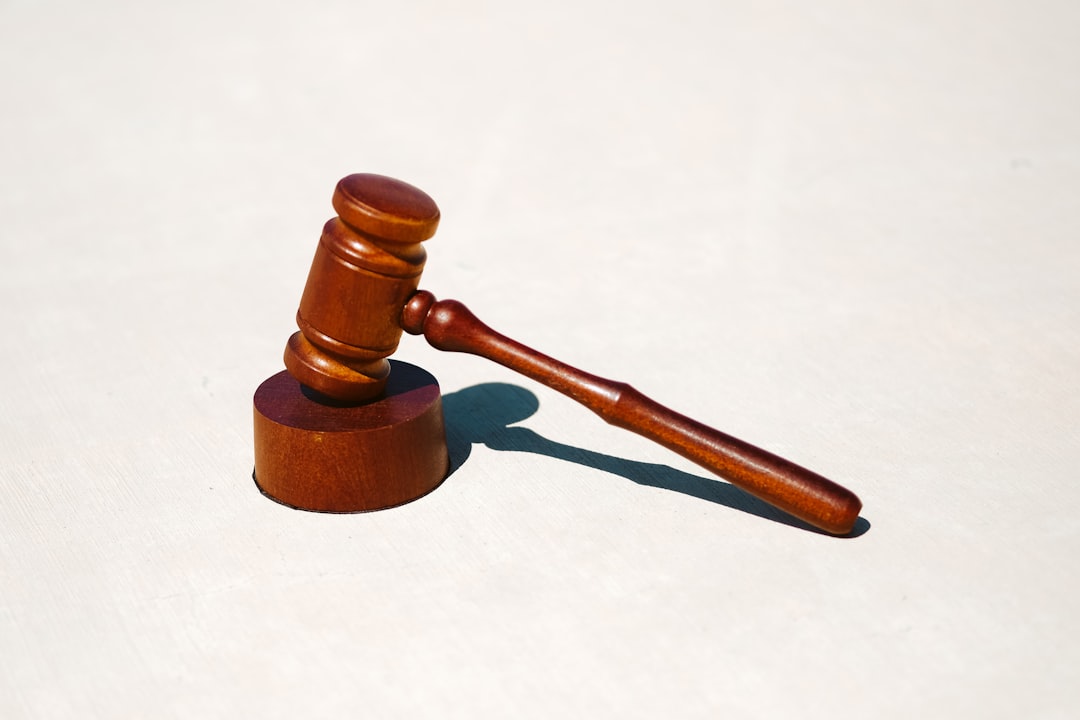Spam calls are a growing problem in Rapid City, South Dakota, but residents can combat this nuisance with knowledge and legal action. The Telephone Consumer Protection Act (TCPA) restricts automated calling without consent, and consulting a local spam call law firm or TCPA lawyer is crucial for effective navigation of these regulations. Public education about identifying and reporting spam calls, coupled with business collaboration, can implement best practices like automated call filtering systems. Engaging with reputable legal experts ensures compliance and provides legal recourse against violators, ultimately protecting communities from deceptive spam calling practices in South Dakota.
In Rapid City, South Dakota, the prevalence of spam calls has become a growing concern, impacting residents’ daily lives. This article guides you through creating an effective awareness campaign to combat this issue. We’ll explore the legal framework surrounding spam calls in the state, specifically the Telecommunications Consumer Protection Act (TCPA). Learn how to partner with local law firms specializing in spam call laws and devise strategies to educate and empower your community against these unwanted intrusions, ensuring a quieter, more peaceful environment for all South Dakotans.
Understanding Spam Calls and Their Impact in Rapid City, South Dakota
Spam calls have become a persistent and annoying problem in Rapid City, South Dakota, affecting countless residents. These unwanted phone calls, often from automated systems or telemarketers, can disrupt daily life and leave individuals feeling violated. The impact is significant; from wasted time and energy trying to manage these calls to potential financial loss due to deceptive practices, spam calls can be detrimental. In a city known for its beautiful landscapes and friendly communities, this modern nuisance deserves attention.
Rapid City residents often find themselves on the receiving end of persistent and aggressive marketing calls, leaving many seeking solutions. Understanding the laws and regulations surrounding spam calls is crucial. The Telephone Consumer Protection Act (TCPA) is a federal law designed to curb these practices, offering guidelines on consent and restrictions on automated calling. Engaging the services of a reputable spam call law firm or consulting with lawyers specialized in TCPA cases in South Dakota can empower individuals to take action and hold offenders accountable. Learning how to stop spam calls effectively contributes to a safer and more peaceful communication environment for all residents.
Legal Aspects: Navigating the TCPA (Telecommunications Consumer Protection Act) in South Dakota
When creating a spam call awareness campaign in Rapid City, it’s crucial to understand the legal aspects, especially regarding the Telecommunications Consumer Protection Act (TCPA). This federal law, applicable in all states including South Dakota, safeguards consumers from unwanted telephone solicitations. Understanding the TCPA is essential for effectively combating spam calls and ensuring your campaign operates within legal boundaries.
In South Dakota, the state has adopted the TCPA’s provisions, prohibiting automated or prerecorded calls to residential telephone numbers unless consent is given. A spam call law firm or lawyer specializing in TCPA cases can guide you on navigating these regulations. They can help establish protocols for obtaining valid consent, ensuring compliance, and providing legal recourse against violators. This proactive approach not only protects your campaign but also empowers residents to take action against spam calls using the resources available under South Dakota’s spam call laws.
Strategies to Create an Effective Anti-Spam Call Awareness Campaign
To create an effective anti-spam call awareness campaign in Rapid City, South Dakota, start by educating the public on identifying and reporting spam calls. Utilize various communication channels like social media, local news outlets, and community events to disseminate information about the laws governing unwanted phone calls, such as the Telephone Consumer Protection Act (TCPA). Offer clear instructions on how to block numbers and report suspicious calls to relevant authorities or a designated spam call law firm in South Dakota.
Engage with local businesses and community leaders to promote best practices for preventing spam calls. Encourage them to implement robust anti-spam measures, such as using automated call filtering systems and training staff to handle incoming nuisance calls. Partnering with a reputable spam call lawyer or law firm in South Dakota can also help in raising awareness about the legal ramifications of making or receiving illegal spam calls, further reinforcing the importance of prevention and compliance.






